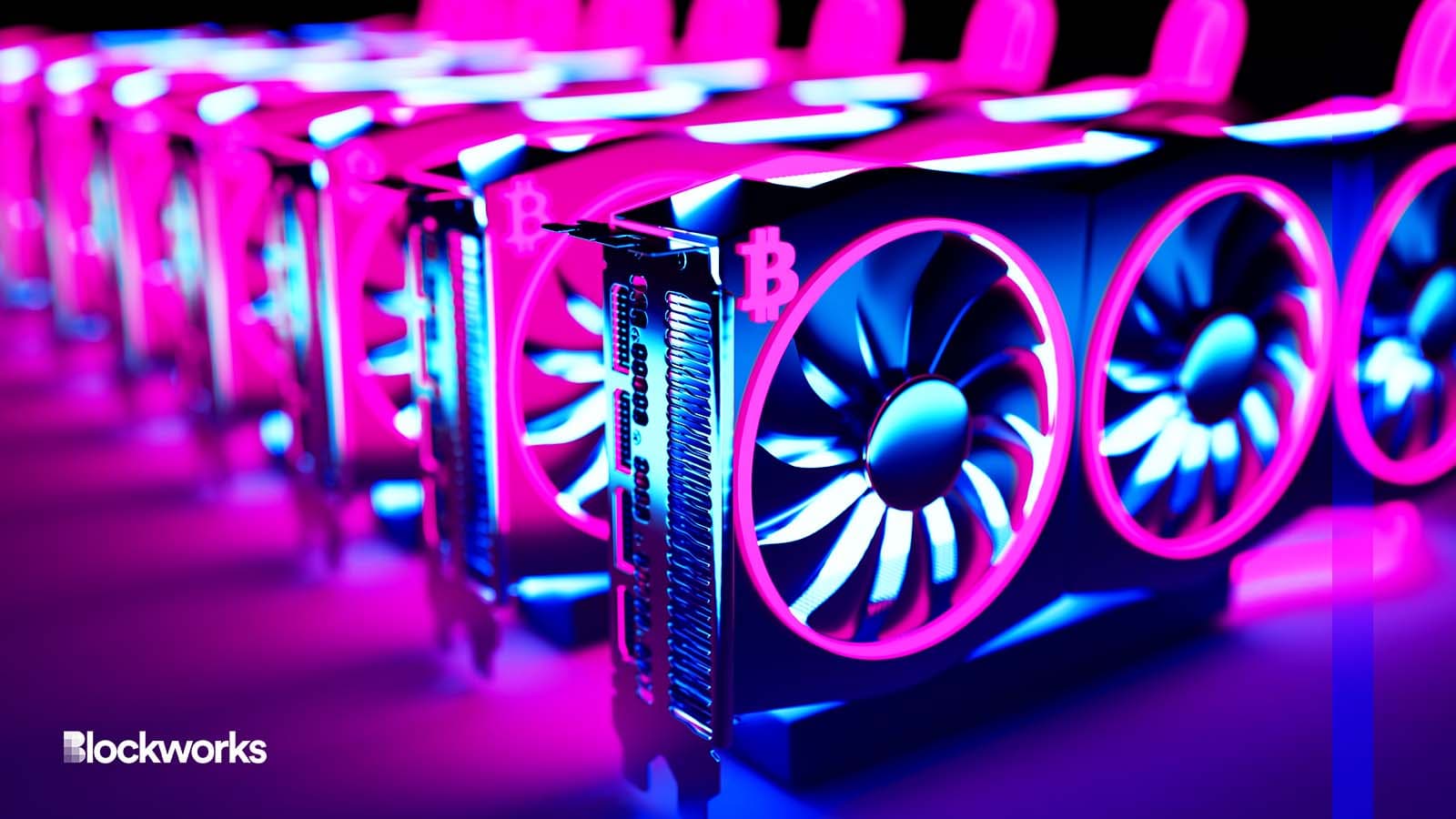Missouri Moves Closer to Legally Protecting Crypto Mining
The bill, introduced in January 2023, is similar to a measure making its way through the Mississippi state legislature

GreenBelka/Shutterstock.com modified by Blockworks
In a win for crypto miners, a bill to protect home and corporate mining operations has passed its committee vote and moves forward in the Missouri state government.
The “Digital Asset Mining Protection Act” “precludes the state and political subdivisions from prohibiting the running of a node or series of nodes for the purpose of home digital asset mining,” according to the bill summary. It also limits prohibitive actions the state can take against corporate mining businesses.
An amended version of the bill passed the Missouri House committee Tuesday and will next be put up for vote on the House floor before moving to the Senate, if passed.
The bill protects crypto mining businesses by ensuring that the state can only enforce data center requirements other businesses adhere to; meaning crypto companies cannot be singled out by laws. The state is also prohibited from changing bitcoin mining zoning requirements without “proper notice.”
The bill, introduced in January 2023, is similar to a measure making its way through the Mississippi state legislature. Mississippi’s bill also makes home mining legal and allows corporate operations to operate in zones approved for industrial use.
The Mississippi Senate passed the bill in February 2023 and will now be voted on in the House. The House committee assigned to the bill already approved an amended version of the text.
New York recently passed a law to ban proof-of-work mining in the state. Environmental groups who lobbied for the law claim that cryptocurrency mining operations will prevent New York from reaching its goals to reduce carbon emissions.
“The intention of the [law] is to prevent new mining operations that would draw power from fossil fuel generation, even if it’s partial,” John Olsen, the New York state lead at crypto lobbyist Blockchain Association, said. “The impact, though, is really just economic in the sense that good paying jobs are going to be going to other states, and mining operations that would face less regulatory scrutiny, in terms of environmental impact, would be setting up shop [in another state.]”
The state-level efforts come as crypto regulation continues to ramp up across the US. Congressional leaders and federal agencies however seem to be more concerned about token classification and stablecoin legislation, based on current bills and enforcement actions.
Get the news in your inbox. Explore Blockworks newsletters:
- The Breakdown: Decoding crypto and the markets. Daily.
- Empire: Crypto news and analysis to start your day.
- Forward Guidance: The intersection of crypto, macro and policy.
- 0xResearch: Alpha directly in your inbox.
- Lightspeed: All things Solana.
- The Drop: Apps, games, memes and more.
- Supply Shock: Bitcoin, bitcoin, bitcoin.






